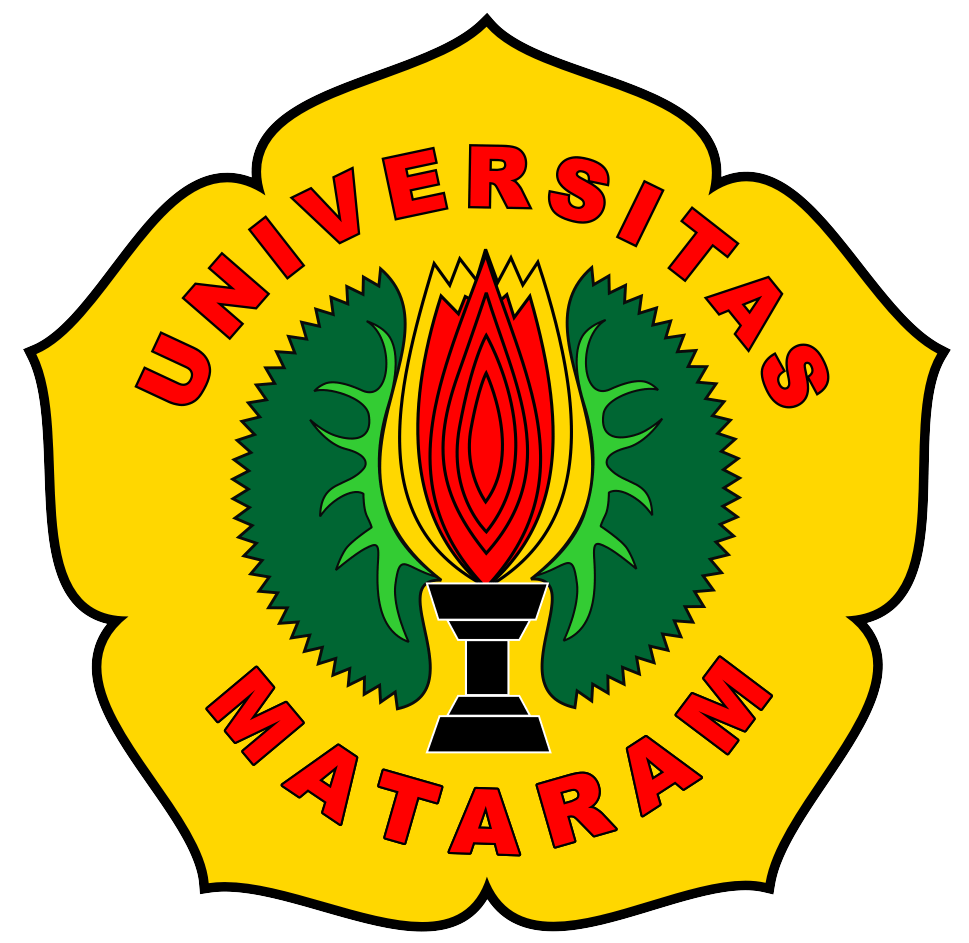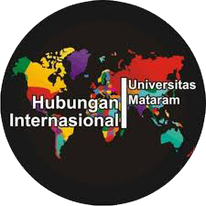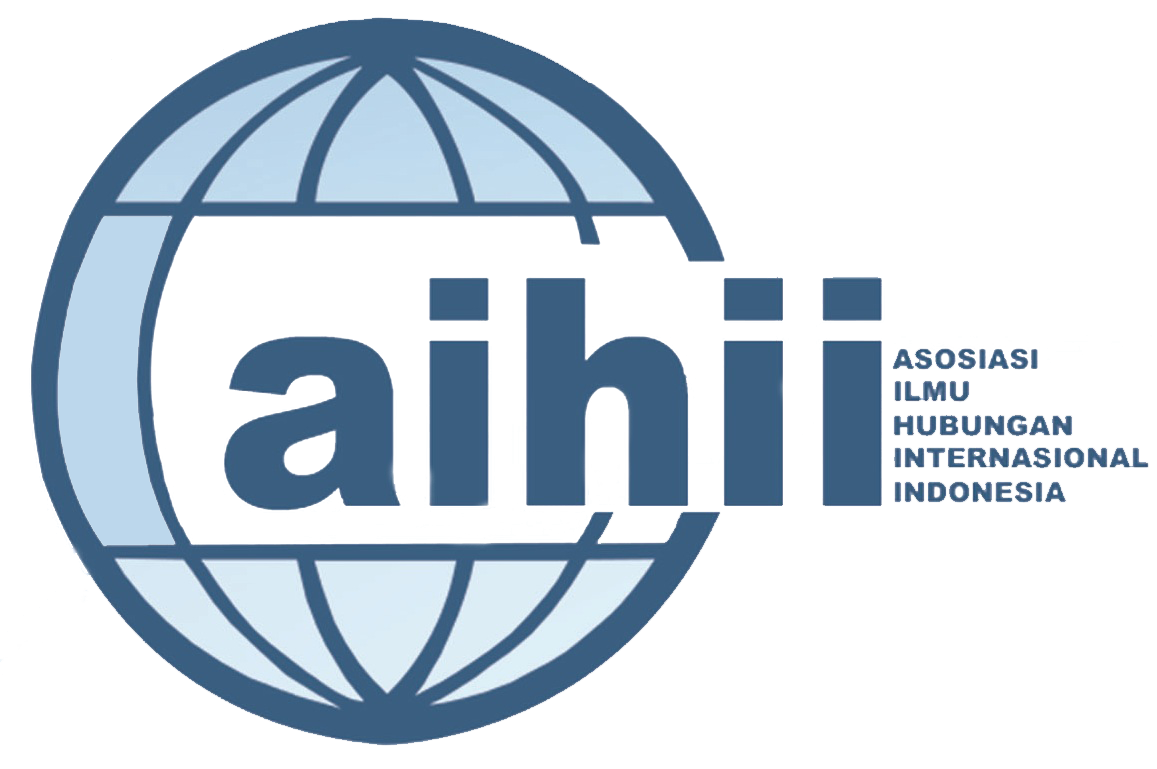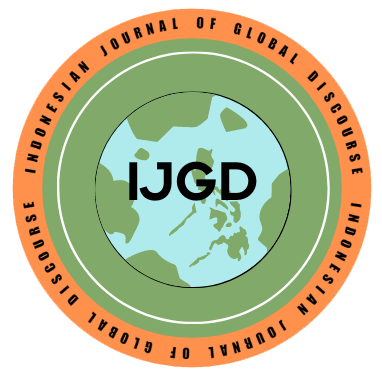Analisis Relasi Sipil-Militer Guinea Pasca Kudeta Militer Tahun 2021
DOI:
https://doi.org/10.29303/ijpss.v5i1.126Keywords:
Civil-Military Relations, Democracy, Guinea, Military CoupAbstract
This study aims to provide information and understanding about civil-military relations in Guinea both before the military coup and after the military coup in 2021, as well as how the transition to democracy is in Guinea. This study uses the concept of Transitional Democracy and Pretorianism theory, namely the type of praetorian Arbitrator Army as proposed by Purlmutter and praetorian supervisors as proposed by Nordilinger. The military intervened in civilian affairs temporarily and formed a transitional government and consolidated democracy before being returned to civilians. The result of this study is that bad civil-military relations in the Alpha Conde government and the amendment changes that allowed Alpha Conde to serve as president for the third term became the trigger for the military coup, this military coup was led by colonel Mamady Doumbouya. After the military coup, civil-military relations did not experience significant changes for the better, where the military government committed many violations of democracy and human rights and the military government was unable to fulfill its promise to form a more inclusive government and better elections than before.
References
, B. (n.d.). BTI 2022 Laporan Negara Guinea BTI 2022.
Bah, Mamadou Diouma. “The Military and Politics in Guinea: An Instrumental Explanation of Political Stability.” Armed Forces and Society 41, no. 1 (2015): 69–95. https://doi.org/10.1177/0095327X13495391.
Bell, S. R., Clay, K. C., Kiyani, G., & Murdie, A. (2022). Civil–Military Relations and Human Rights. Armed Forces and Society, 48(3), 701–722. https://doi.org/10.1177/0095327X211006835
Benedikter, R. (2021). Prospects for Guinean elections after the coup are uncertain Africa at LSE.
Bintu Zahara Sakor, M. S. and V. S. (2021). Military Coups d’État and Guinea’s Rocky Road to Political Stability – PRIO Blogs.
Christmas, S. K., & Setiyono, J. (2019). Intervensi Militer Terhadap Kudeta Politik Menurut Prinsip Jus Cogens. Jurnal Pembangunan Hukum Indonesia, 1(3), 308–321. https://doi.org/10.14710/jphi.v1i3.308-321
Diallo, F. (2021). Guinea Alpha Condé berhasil menciptakan “tentara Republik.”
DW. (2022). Rencana pemimpin kudeta Guinea beralih ke pemerintahan sipil – DW – 01_05_2022.
Foucher, V. (2011). Pengarahan Guinea Alpha Condé dan politik (mis)petualangan militer - Oleh Vincent Foucher Argumen Afrika.
France-Presse, A. (2022). Guinea Junta Agrees Return to Civilian Rule in 2 Years.
France, A. (2022). Guinea Interim Assembly Holds First Post-Coup Session.
Gaffar, A. (2006). Politik Indonesia: Transisi Menuju Demokrasi.
Garmabar, P. (2021). Review of International Relations 2021. Respon Dunia Terhadap Kudeta Militer Myanmar, 3(2), 179–188.
Ginting, J. S. (2004). Pretorian Dalam Perkembangan Politik Negara Berkembang. Fakultas Sastra Universitas Sumatera Utara, 1–16. https://repository.usu.ac.id/bitstream/handle/123456789/1698/sejarah-junita.pdf?sequence=2&isAllowed=y
Hammerschlag, A. (2022). Guinea’s Military-appointed Government Dissolves Opposition Group.
Morken, B. (2021). Guinea in turmoil after military coup Guinea Africa.
Nairobi. (n.d.). Guinea Government Dissolves Opposition Coalition Human Rights Watch (p. 2022).
Noviati, C. E. (2016). Demokrasi dan Sistem Pemerintahan. Jurnal Konstitusi, 10(2), 333. https://doi.org/10.31078/jk1027
Nur AliyahZainal. (2013). Hubungan Sipil-Militer di Chile Pasca Augusto Pinochet, 1990-2006. Jurnal Politik Profetik, 1(1), 1–13.
Nurhadi, W. (2020). Review Essay: Gelombang Demokratisasi Ketiga. FISIP Universitas Padjajaran, Review Essay, 1–11.
Praditya, I. (2021). the Residue of Military Regime During the Early Democratization Era in Indonesia and Myanmar. JCIC : Jurnal CIC Lembaga Riset Dan Konsultan Sosial, 1(2), 72–79. https://doi.org/10.51486/jbo.v1i2.12
Prof. Dr. H. Mudjia Rahardjo, M. S. (2010). Jenis dan Metode Penelitian Kualitatif.
Rofiq, A. A. (n.d.). MELACAK DINAMIKA SIPIL-MILITER PASCA REVOLUSI MESIR * Atep A Rofiq 1 Permalink: https://www.academia.edu/15117198. 95.
UTAMA, A. C. (2010). Penelitian Terdahulu_Wahyudin.
WIRES, N. (2022). Guinea dissolves leading opposition group amid political unrest.
Published
Issue
Section
Copyright (c) 2023 Nur Allyah, Y. A. Wahyudin, Zulkarnain Zulkarnain

This work is licensed under a Creative Commons Attribution-NonCommercial 4.0 International License.













